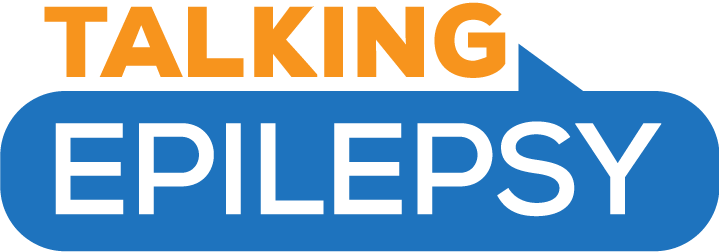Exploring Alternative Therapies for Seizure Management
Traditional seizure management typically involves medicine, surgery, and medical devices. However, many people with epilepsy also explore alternative therapies to help them gain more control over their condition. These therapies can be used in addition to traditional treatments or, in some cases, as a standalone option. It’s essential to consult with your healthcare team before beginning any new therapy.
Medical Cannabis and CBD
Medical cannabis, which includes products derived from the cannabis plant like medical marijuana and cannabidiol (CBD), has shown promise in seizure management. Specifically, pharmaceutical-grade CBD has been proven to significantly reduce seizures in people with certain conditions, including Lennox-Gastaut syndrome, Dravet syndrome, and Tuberous sclerosis complex (TSC). However, because CBD can interact negatively with some medications, you must discuss potential interactions with your doctor.
Herbs and Dietary Supplements
While often viewed as “natural,” many herbs and dietary supplements can be risky for people with epilepsy. Research on these options is limited, and some products can interfere with seizure medications or even trigger seizures. Examples include ginko biloba, ginseng, and St. John’s wort. It is crucial to never replace your prescribed seizure medicine with a supplement. Always educate yourself on these products and talk to your doctor before trying them.
Mind and Body Practices
Practices that focus on the connection between the mind and body, such as acupuncture, meditation, massage therapy, and hypnotherapy, may help some people with epilepsy improve their overall health and wellness. When used alongside traditional treatments, these practices can contribute to better physical and mental health, which in turn may help manage seizures. As with any new therapy, it’s best to speak with your doctor beforehand.
Should You Consider Alternative Therapies?
The effectiveness of alternative therapies varies from person to person and depends on the specific type of epilepsy and seizures they experience. To understand the potential risks and benefits, talk with your healthcare team about whether these options are right for you.
Source: Epilepsy Foundation | July 9, 2025

